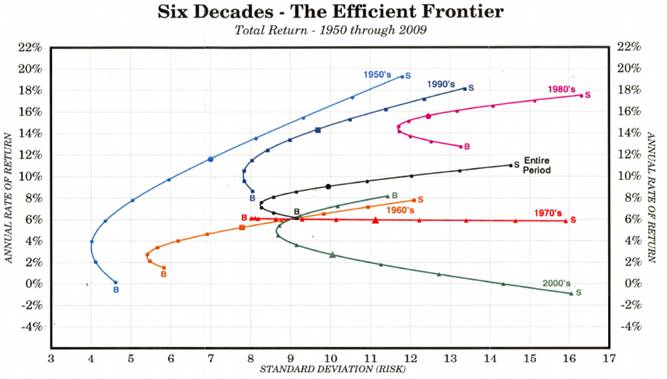calmloki
Give me a museum and I'll fill it. (Picasso) Give me a forum ...
We are a 65ish childfree couple who are very simpatico with our spending habits, which are modest. Pretty security oriented, which resulted in our paying off our rental properties as fast as possible. Result was that we ended up with paid off rentals that throw off more than we spend annually. The excess cash went into things like PenFed CDs and savings accounts that were then tapped to make property loans.
At the moment we have a 3% PenFed CD for more than a year's spending that matures 12/18. Maybe 1/2 year's expenses in various savings accounts, and the rest of the cash lent out. The interest income from the loans is a bit less than the rental income, but still enough to pay our annual expenses. Our little dabs of social security were taken at 62, I'm newly on medicare and she's about to join me. The cash is snowballing.
Last year we decided to get back into the stock market - I am imagining about 1/3 of our assets in rentals, a 1/3 in loans, and a 1/3 in the market. We don't need any more cash flow, and the penalty for excessive income that we are charged in higher Medicare costs and taxes offends me a bit.
She has an ex-coworker broker who always has great ideas when they talk - she has 5-15k investments in things like Costco, J&J and Alibaba and loves to track them daily. I feel like a homerun or flop in any of those stocks is kinda meaningless in the big picture - not enough invested to have a major impact on our lives.
Last year we put a couple years living expenses into the market. About 1/3 into foreign, about 1/3 in VTSAX, and the rest in Explorer fund and funds right down the middle of the style box. I'm thinking simpler yet and just going with VTSAX. Don't feel like I need a bond component - that is met by CDs and land contracts and to a lesser extent property loans. VTSAX graph isn't as smooth as Wellesly, but has better performance over time. I'm looking to stash cash where it can grow for years without our attention. I'd like it to do better than CD growth - or taxfree munis.
Thoughts?
At the moment we have a 3% PenFed CD for more than a year's spending that matures 12/18. Maybe 1/2 year's expenses in various savings accounts, and the rest of the cash lent out. The interest income from the loans is a bit less than the rental income, but still enough to pay our annual expenses. Our little dabs of social security were taken at 62, I'm newly on medicare and she's about to join me. The cash is snowballing.
Last year we decided to get back into the stock market - I am imagining about 1/3 of our assets in rentals, a 1/3 in loans, and a 1/3 in the market. We don't need any more cash flow, and the penalty for excessive income that we are charged in higher Medicare costs and taxes offends me a bit.
She has an ex-coworker broker who always has great ideas when they talk - she has 5-15k investments in things like Costco, J&J and Alibaba and loves to track them daily. I feel like a homerun or flop in any of those stocks is kinda meaningless in the big picture - not enough invested to have a major impact on our lives.
Last year we put a couple years living expenses into the market. About 1/3 into foreign, about 1/3 in VTSAX, and the rest in Explorer fund and funds right down the middle of the style box. I'm thinking simpler yet and just going with VTSAX. Don't feel like I need a bond component - that is met by CDs and land contracts and to a lesser extent property loans. VTSAX graph isn't as smooth as Wellesly, but has better performance over time. I'm looking to stash cash where it can grow for years without our attention. I'd like it to do better than CD growth - or taxfree munis.
Thoughts?



